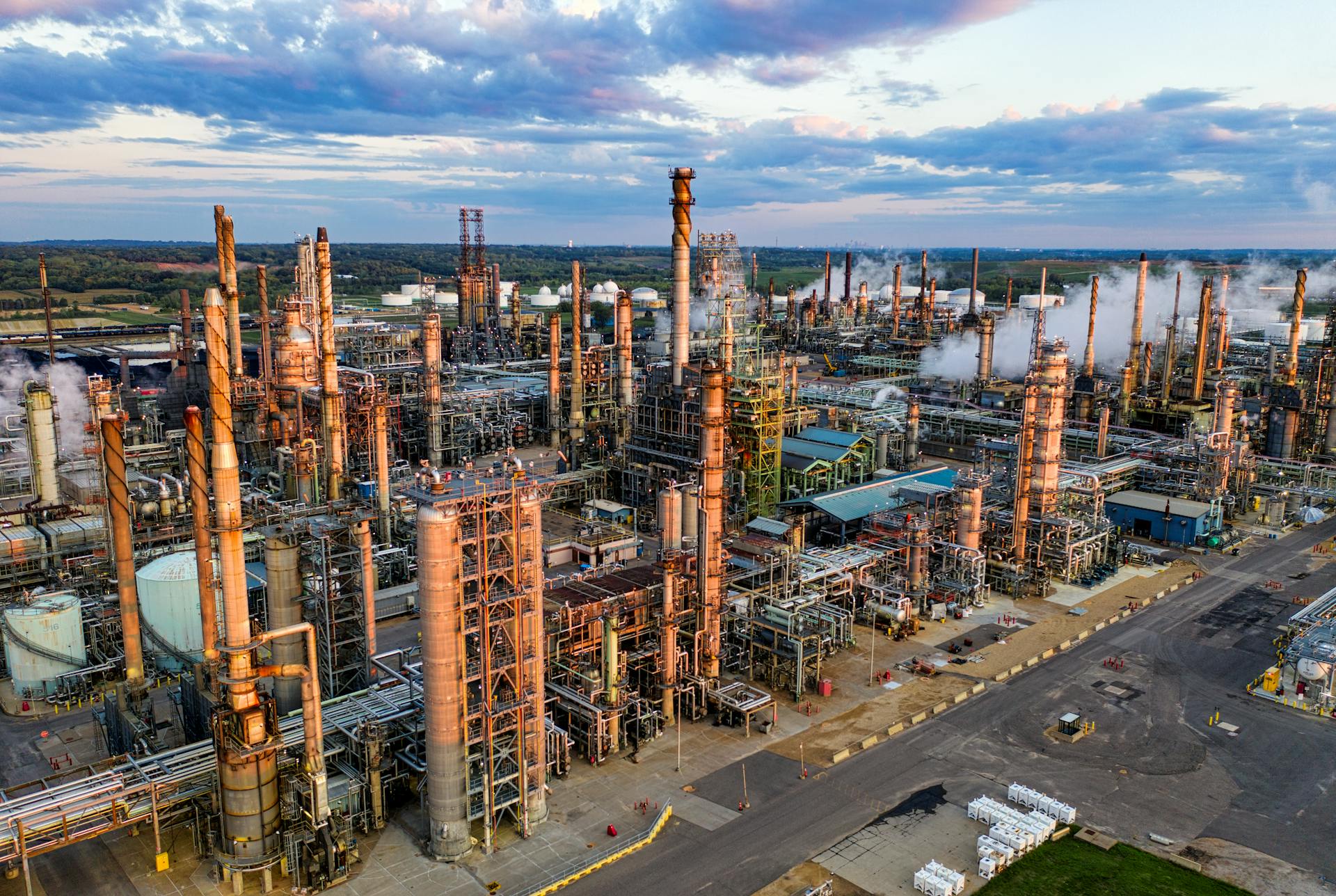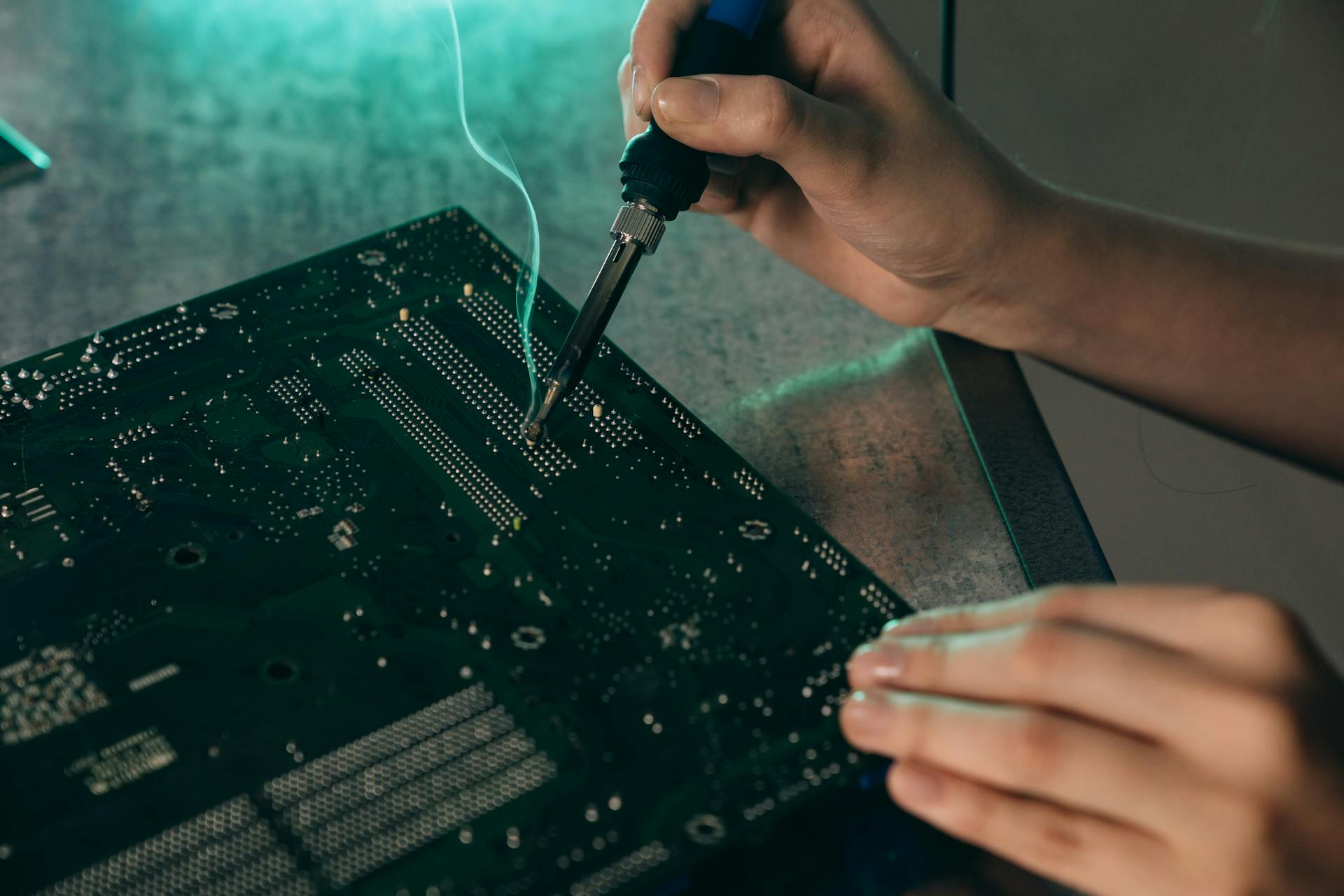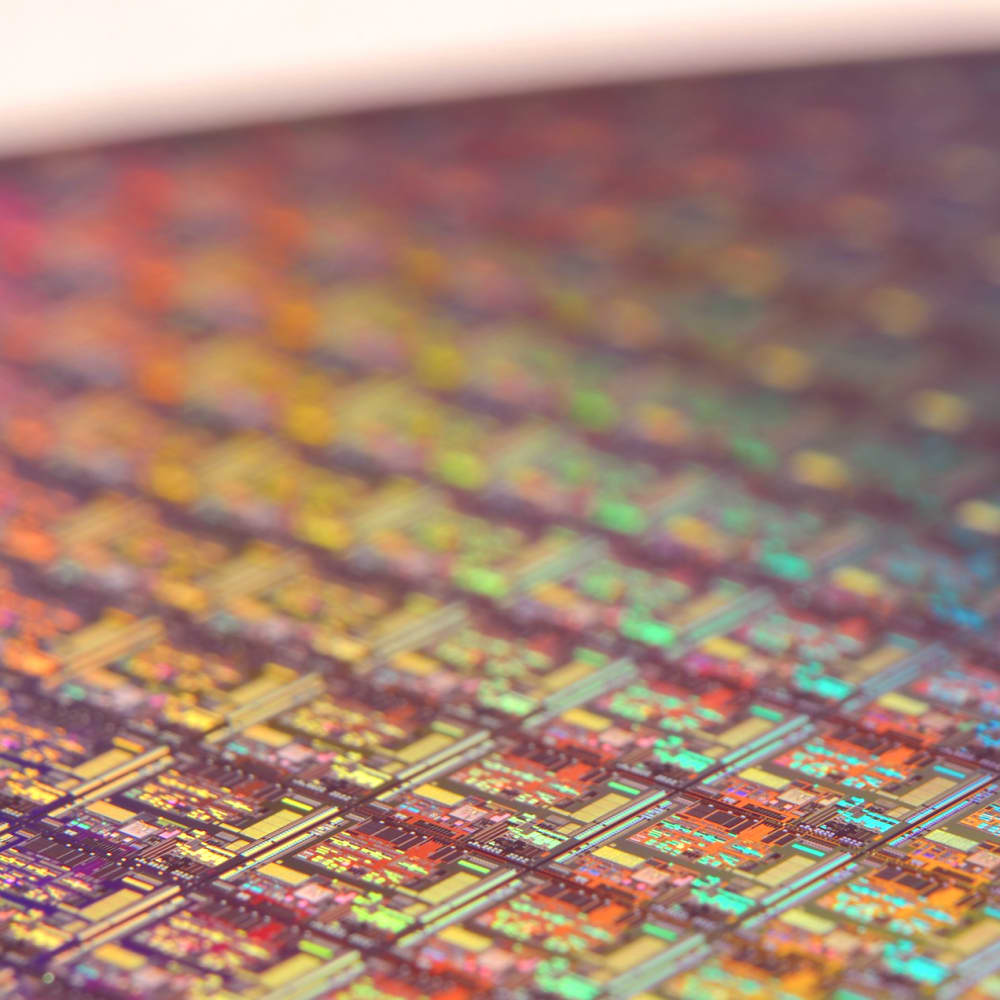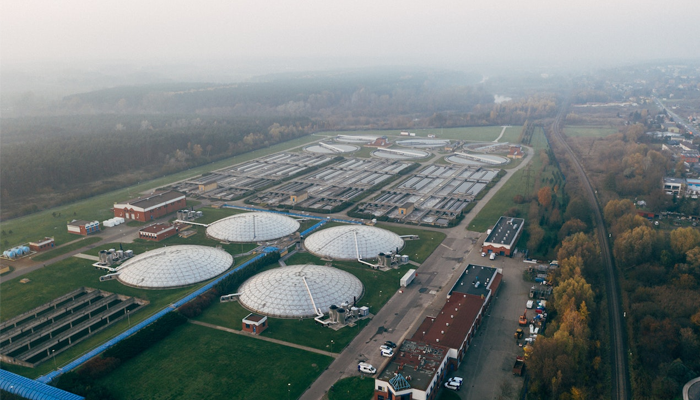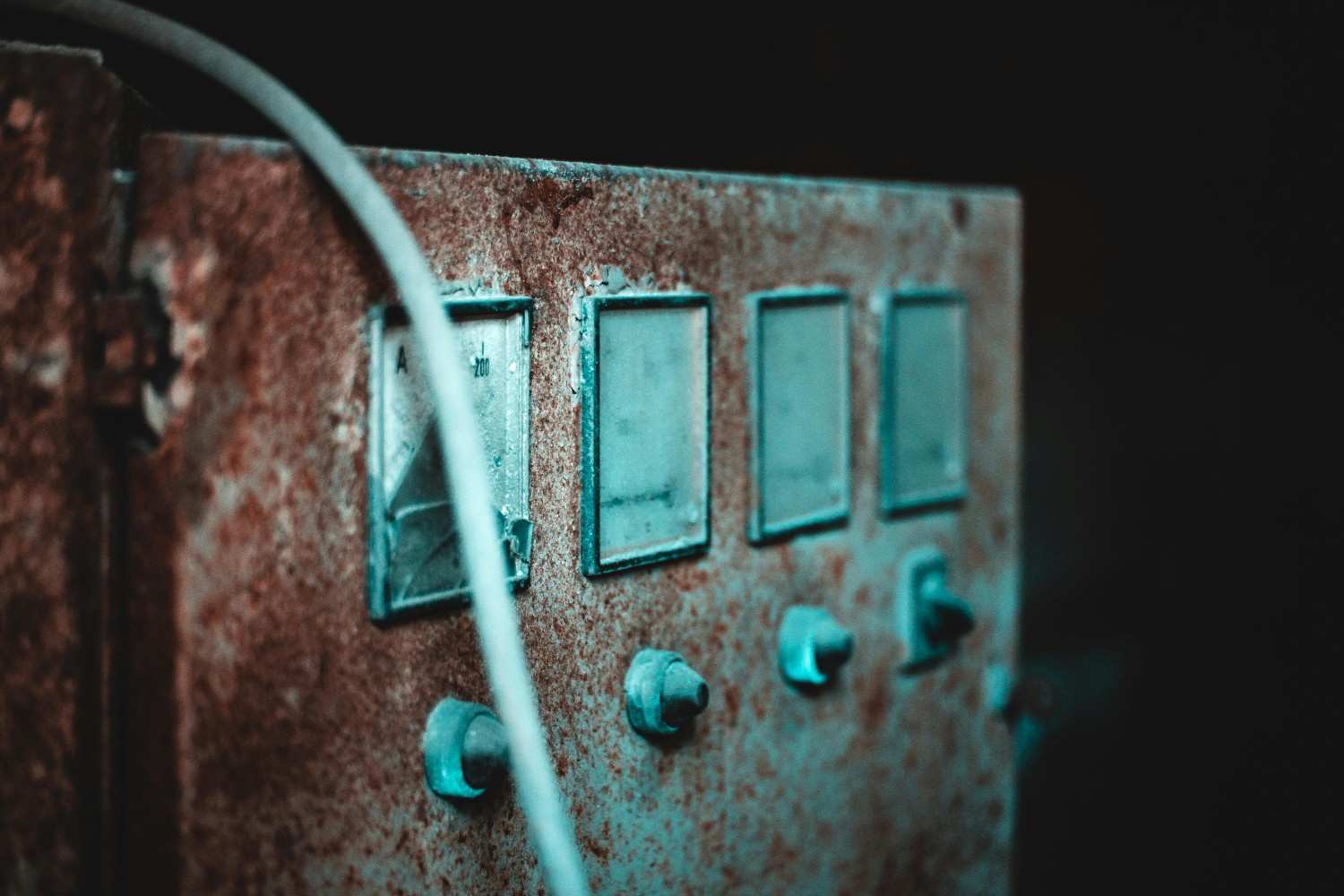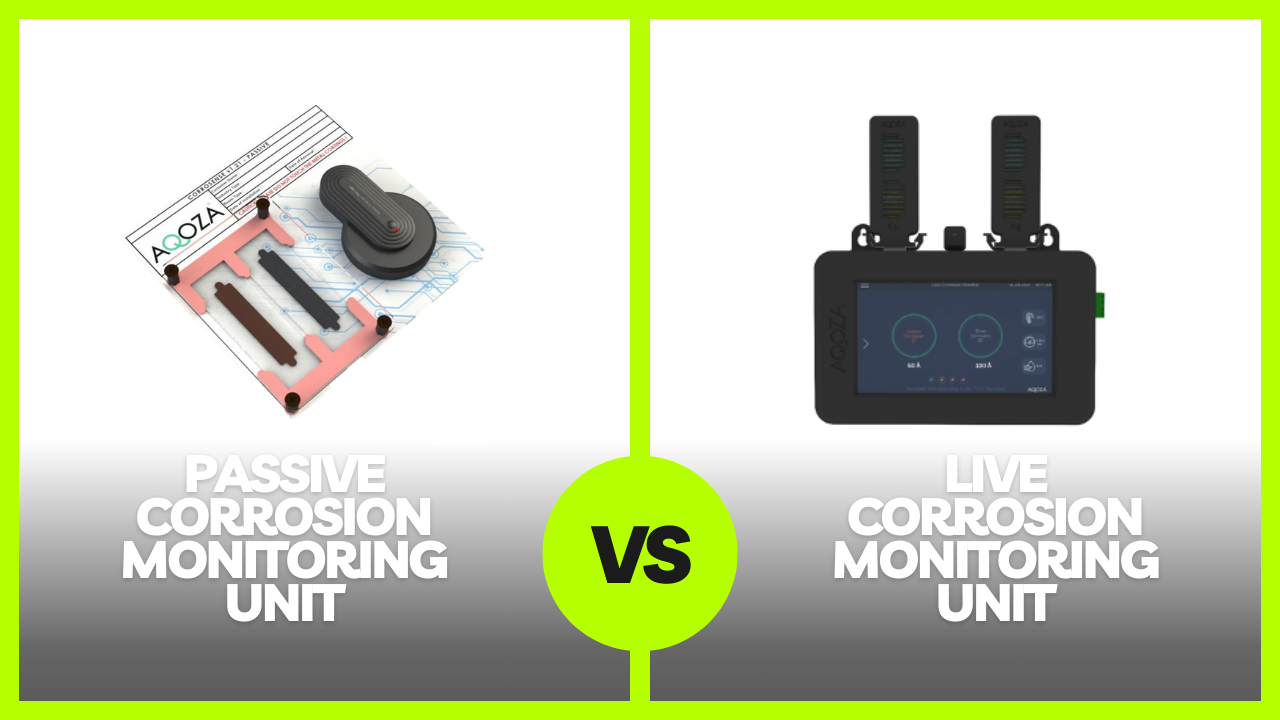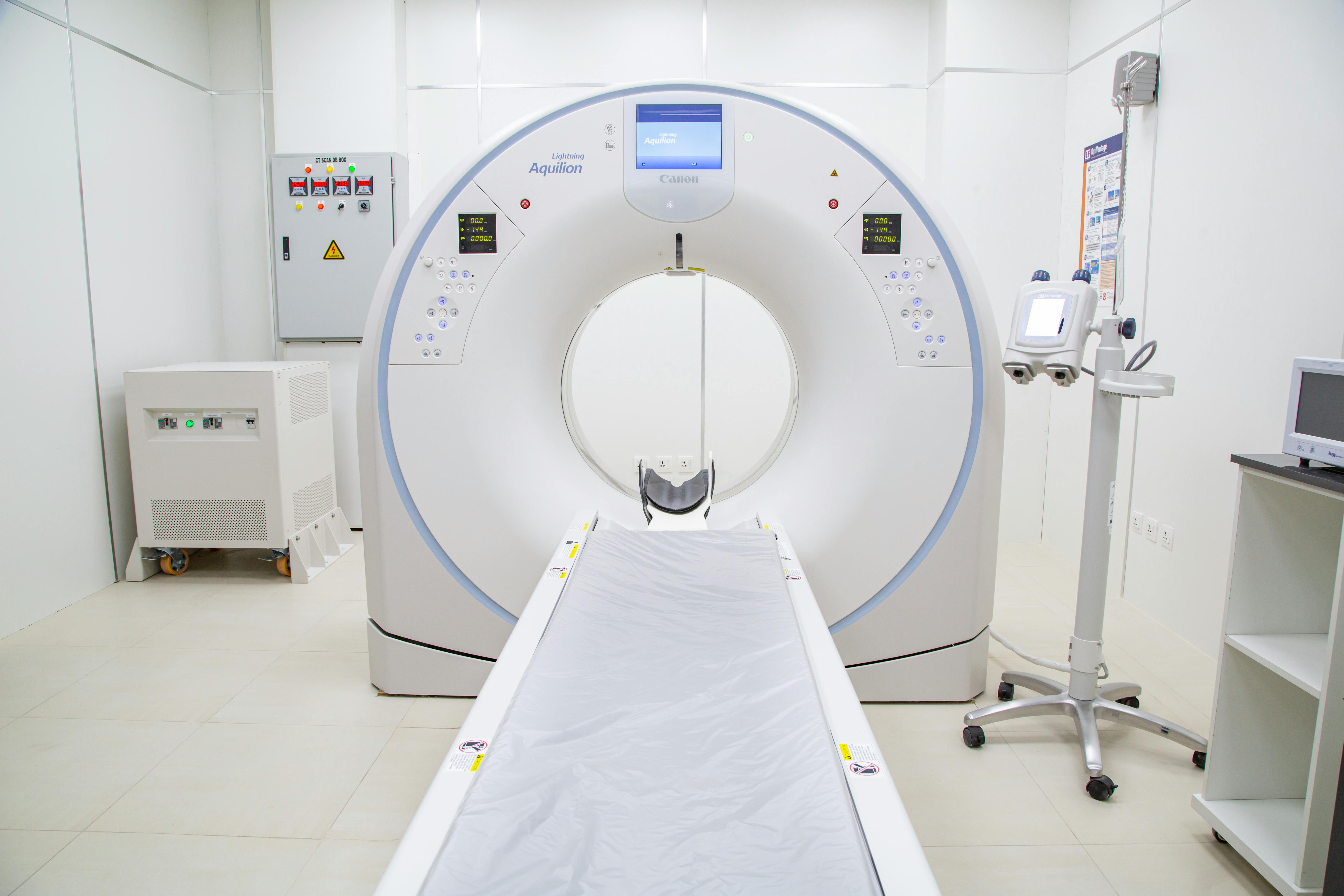Electronic Corrosion and Failure of Equipment in Paper and Pulp Industry
Published : 22 Jan 2023
Electrical corrosion is a common problem in the paper and pulp industry due to the harsh environmental conditions that are present in these facilities. The constant exposure to moisture, chemicals, and high temperatures can cause significant damage to electrical equipment and systems, leading to costly repairs and downtime.
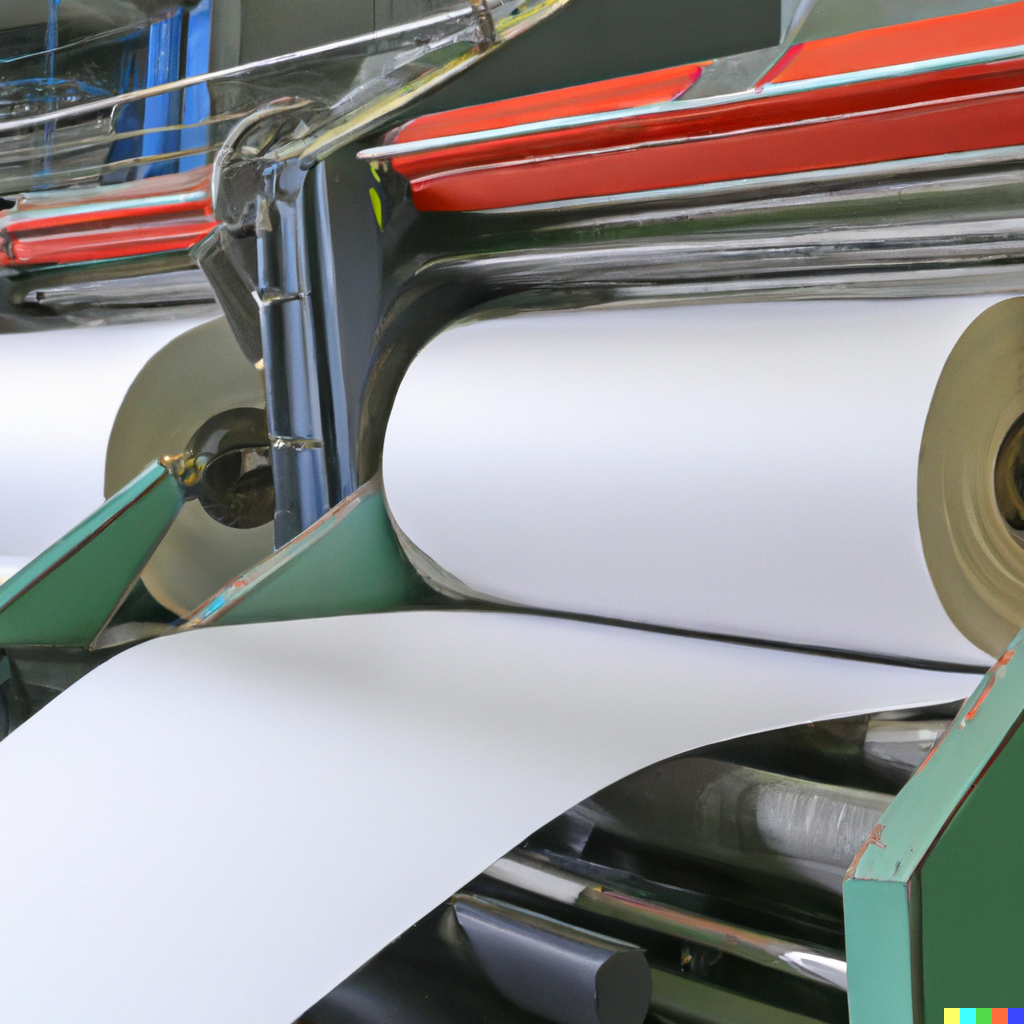
These mills are often located in areas with high humidity and exposure to chemicals, which can lead to environmental corrosion of electronic equipment. This can cause problems such as equipment failure, maintenance issues, and downtime, all of which can be costly for the mill.
In this article, we will discuss the causes of electrical corrosion in the paper and pulp industry, the effects of this corrosion, and the methods that can be used to prevent it.
What Causes corrosion of electronics
The paper and pulp industry relies heavily on a wide range of electrical equipment and systems, including motors, generators, switchgear, and control systems. These systems are designed to operate in harsh environments and are built to withstand the conditions present in paper and pulp mills. However, even with the best design and engineering, the constant exposure to moisture, chemicals, and high temperatures can cause electrical corrosion over time.
Major corrosion-causing infiltrates
One of the main causes of environmental corrosion in pulp mills is the presence of chlorine dioxide (ClO2), which is used as a bleaching agent in the pulp and paper production process. ClO2 is a highly effective bleaching agent, but it can also be corrosive to certain metals. Copper, aluminum, and steel are particularly vulnerable to corrosion when exposed to ClO2. This can lead to equipment failure and the need for costly repairs or replacements.
In addition to ClO2, other chemicals used in the pulp and paper production process, such as sulfur dioxide (SO2) and sodium hydroxide (NaOH), can also contribute to environmental corrosion. The high humidity levels in pulp mills can also accelerate corrosion. When the air is saturated with water vapor, it can increase the rate at which corrosion occurs.
Major Drawbacks to the industry
The effects of electrical corrosion in the paper and pulp industry can be significant and far-reaching. Electrical equipment that is corroded can experience reduced efficiency, increased downtime, and ultimately, failure. This can lead to costly repairs and production downtime, which can have a significant impact on a company's bottom line. In addition, corroded electrical equipment can be a safety hazard, as it can lead to electrical fires and other dangerous situations.
Prevention and monitoring of electronic corrosion
Gas phase filtration can also be used to remove other gases that can contribute to corrosion, such as sulphur dioxide and hydrogen sulphide, which can form corrosive acids when they come into contact with metal surfaces. AQOZA has engineered highly efficient filtration media which can be used to adsorb these gases, which can help to prevent corrosion from occurring. The selection of this media will be after a thorough corrosion auditing process.
Read the article Why corrosion Auditing is critical for your electronics to know more about corrosion auditing for your electronics.
AQOZA technologies are specialized in eliminating corrosion-causing gases and keeping the health of employees and equipment safe. Facing the failure of electronics at your facility? Contact our experts now.

